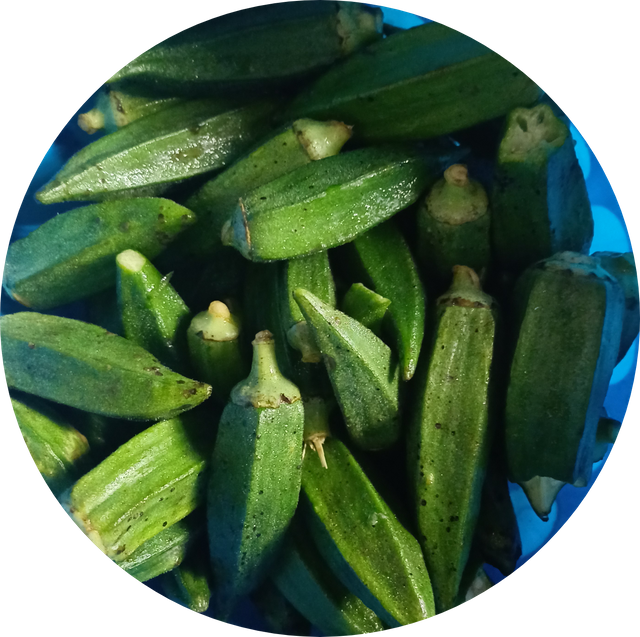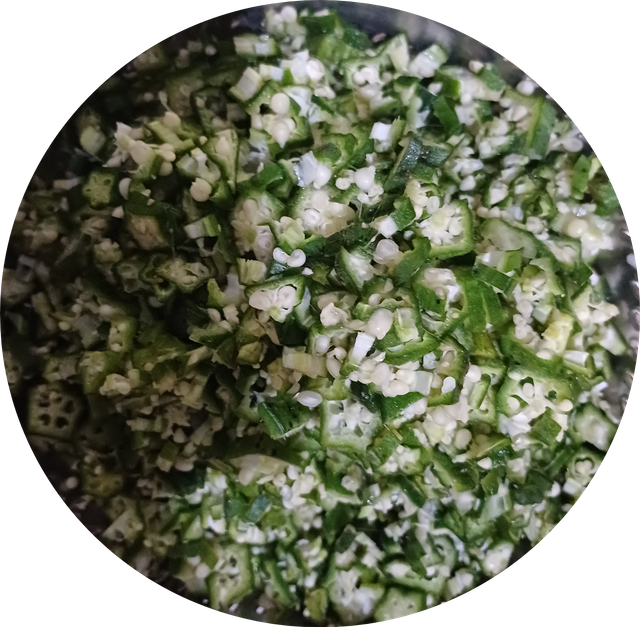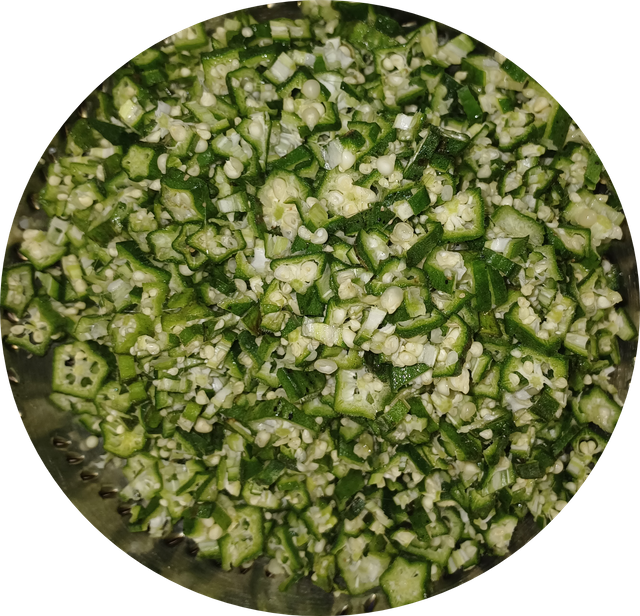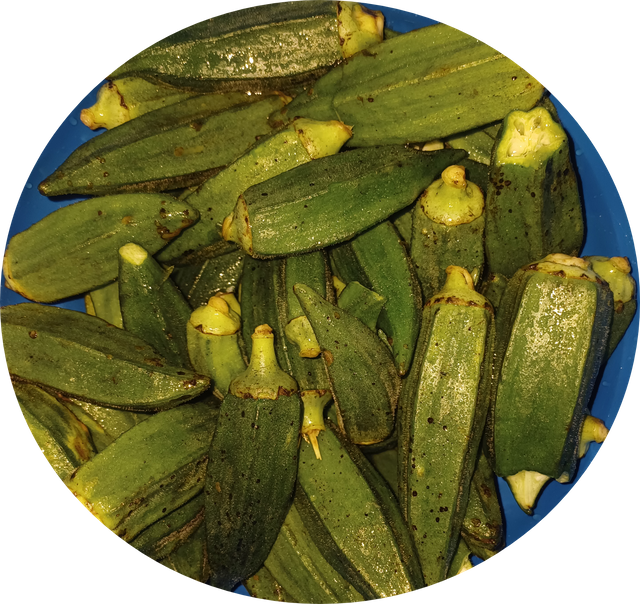Benefits of Okra Pods (Abelmoschus esculentus)
Hello friends,
It is another wonderful time to share with us another important fruit that is of great value and commonly grown in the tropical and subtropical regions. A good vegetable we can incorporate into our meals with diverse culinary effects.
 |
|---|
The plant comes in different spellings, some will call it okro, and others okra. However, this plant is known to be Abelmoschus esculentus from the "Mallow" family. A greenish and edible pods, consumed in different cuisines and regions.
This plant's pod has remained one of my home favorites while making one of the commonly fresh and quick consumable local soups. It is best taken when freshly prepared when all nutrients are still in their active state. At this stage, these greenish and edible pods emit a good flavour that enables more consumption.
Okra plant has a dense composition of versed nutrients that make it an enviable one. It is rich in several minerals and vitamins that make it a good balance-mix in our meals. In it, we can find carbs, protein, calories, fibre, natural sugars, etc.
We could also find vitamins like A, C, and K, well-represented in the Okra plant. Another interesting and amazing part of this plant is the mineral content, which consists of a combination of calcium, potassium, and magnesium, which happens to be a key player in blood pressure regulation.
Moreover, the dietary fibre in okra makes it ideal for our bowel health and aids digestion. Fibres are also very good ingredients in blood sugar regulation, which are also found in the okra plant. It aids satiety and a veritable in weight management.
It contains quercetin and catechin, which have good antioxidant properties that help in managing oxidative stress and inflammation. A combination of these fibre and antioxidant properties supports stronger heart health, reduces blood sugar, and improves blood circulation in general.
Bone health in humans is very essential as we continue to age, so we expect our bones to do well. The presence of calcium and vitamin K in okra enables it to support bone health and also protects us from cases of osteoporosis.
Let's also take a look at the agricultural knowledge of this plant. This is a plant that does well mostly in summer seasons with soil temperature about 18ºC. That is to say, we need a well-drained soil with a good sunlight location. An in-depth planting of 1 inch should be used, and the soil should be well watered, but not waterlogged.
In harvesting okra, we have to note that the pods should be at least 2 to 4 inches, which falls between 50 to 60 days after planting. In its usual characteristics, it should be tender and greenish in texture and color. And when we've plugged our pods, we should endeavour to store them in a dry and cool place. Better still, a refrigerator helps preserve its tenderness and freshness.
 |  |
|---|
Conclusion
Okra has remained a vegetable delicacy that not only makes a good dietary choice given its flavour but also has edible seeds that support human health with diverse nutritional needs. A combination of nutrients, all in our plant, that drives its value.
Thank you, friends, for reading...

Amazing! Who would have thought that this humble-looking okra plant actually holds so many nutritional benefits? Its vitamins A, C, and K are crucial for maintaining immune system and bone health, while minerals like calcium, potassium, and magnesium play a key role in maintaining stable blood pressure.
https://x.com/xkool24/status/1944741200423956886?t=dzeWh6ShfSNhDO-6iF7KQw&s=19
Welcome to steem-agro!
MODs Comment/Recommendation:
Thank you so much dear for contributing in our community.Engage with other participants by doing meaningful comments which will increase your chances of winning.I am wishing you all the best in the contest.
Remember to always share your post on Twitter using these 3 main tags #steem #steemit $steem
